Poets of the Harlem Renaissance
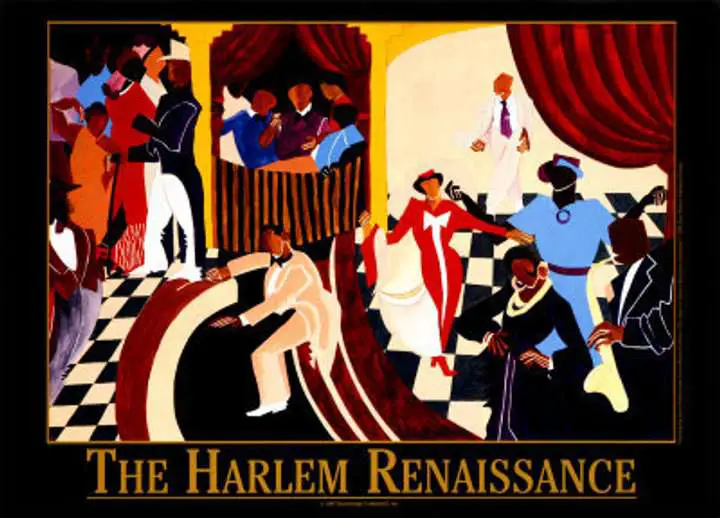
The Harlem Renaissance was a time of immense creativity and artistic expression. Poets of the era were at the forefront of this movement, penning poems that reflected the joy and vibrancy of Harlem life. While their work is often overlooked, these poets produced some of the most memorable poetry of the era. Read on to learn more about some of the most talented poets of the Harlem Renaissance.
Who were the poets of the Harlem Renaissance?
The Harlem Renaissance was a period of artistic and literary achievement by African Americans that spanned the 1920s. During this time, many black artists, writers, and musicians flourished, creating works that celebrated black culture and challenged racial stereotypes.
Among the most prominent figures of the Harlem Renaissance were its poets. Langston Hughes was one of the most well-known poets of the era, known for his works that explored the lives of working-class blacks. Claude McKay was another popular poet, whose poems often dealt with political themes.
Jean Toomer was a third notable poet of the Harlem Renaissance; his work often incorporated elements of both whites and blacks, reflecting the mixed-race heritage of many African Americans. These three poets were just a few of the many talented writers who helped to shape the Harlem Renaissance.
3 Outstanding Male Poets of the Harlem Renaissance
The Harlem Renaissance was a time of great creativity and ferment in the arts, and poetry was no exception. During this golden age of black expression, many outstanding male poets emerged, writing about everything from love and loss to poverty and social injustice.
Among the most famous and respected poets of the Harlem Renaissance were Langston Hughes, Claude McKay, James Weldon Johnson, and Countee Cullen. These men used their words to paint vividly moving portraits of African American life, capturing both the joys and the struggles of a people striving for equality.
Their work continues to inspire readers today, serving as a reminder that the power of poetry can change the world.
Langston Hughes
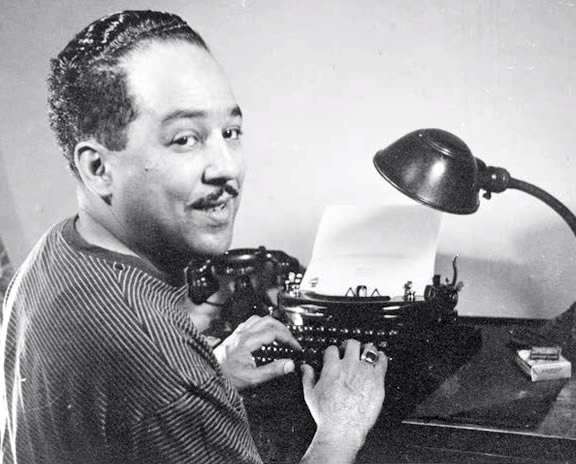
Langston Hughes was one of the most important poets of the Harlem Renaissance, a period when black poets, authors, and artists thrived. His poems celebrated the everyday lives of black people and helped to break down barriers between races.
Hughes also wrote fiction and plays, but it is his poetry that he is best known for. His poems are noted for their use of jazz rhythms and vernacular speech. They are often humorous and accessible, yet they also deal with weighty topics such as racism, poverty, and discrimination.
He was a groundbreaking poet who helped to redefine what poetry could be. His work continues to inspire writers and readers today.
Poems by Langston Hughes
The Weary Blues
Droning a drowsy syncopated tune,
Rocking back and forth to a mellow croon,
I heard a Negro play.
Down on Lenox Avenue the other night
By the pale dull pallor of an old gas light
He did a lazy sway. . . .
He did a lazy sway. . . .
To the tune o’ those Weary Blues.
With his ebony hands on each ivory key
He made that poor piano moan with melody.
O Blues!
Swaying to and fro on his rickety stool
He played that sad raggy tune like a musical fool.
Sweet Blues!
Coming from a black man’s soul.
O Blues!
In a deep song voice with a melancholy tone
I heard that Negro sing, that old piano moan—
“Ain’t got nobody in all this world,
Ain’t got nobody but ma self.
I’s gwine to quit ma frownin’
And put ma troubles on the shelf.”
Thump, thump, thump, went his foot on the floor.
He played a few chords then he sang some more—
“I got the Weary Blues
And I can’t be satisfied.
Got the Weary Blues
And can’t be satisfied—
I ain’t happy no mo’
And I wish that I had died.”
And far into the night he crooned that tune.
The stars went out and so did the moon.
The singer stopped playing and went to bed
While the Weary Blues echoed through his head.
He slept like a rock or a man that’s dead.
Mother to Son
Well, son, I’ll tell you:
Life for me ain’t been no crystal stair.
It’s had tacks in it,
And splinters,
And boards torn up,
And places with no carpet on the floor—
Bare.
But all the time
I’se been a-climbin’ on,
And reachin’ landin’s,
And turnin’ corners,
And sometimes goin’ in the dark
Where there ain’t been no light.
So boy, don’t you turn back.
Don’t you set down on the steps
’Cause you finds it’s kinder hard.
Don’t you fall now—
For I’se still goin’, honey,
I’se still climbin’,
And life for me ain’t been no crystal stair.
Jean Toomer
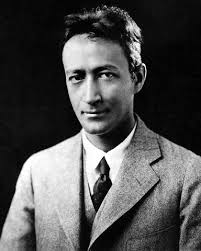
Jean Toomer was an essential figure of the Harlem Renaissance, a period of great creativity in the arts among African Americans. He was born in Washington, D.C. in 1894 to an African American father and a white mother. His mixed race made him ineligible to attend the segregated schools of his childhood, so he was educated at home by tutors.
Toomer later attended college at Atlanta University and Rutgers University. In 1923, he published his most famous work, Cane, a book of poems, stories, and essays about the experience of black Americans. The book was well-received by critics and helped to solidify Toomer’s reputation as one of the most important poets of his generation.
Although he is often considered a part of the Harlem Renaissance, Toomer himself rejected racial labels and felt that his work spoke to the universal human experience. Indeed, his work transcends race and time, remaining as relevant and powerful today as it was when it was first published.
Poems by Jean Toomer
Cotton Song
Come, brother, come. Lets lift it;
come now, hewit! roll away!
Shackles fall upon the Judgment Day
But lets not wait for it.
God’s body’s got a soul,
Bodies like to roll the soul,
Can’t blame God if we don’t roll,
Come, brother, roll, roll!
Cotton bales are the fleecy way,
Weary sinner’s bare feet trod,
Softly, softly to the throne of God,
“We ain’t agwine t wait until th Judgment Day!
Nassur; nassur,
Hump.
Eoho, eoho, roll away!
We ain’t agwine to wait until th Judgment Day!”
God’s body’s got a soul,
Bodies like to roll the soul,
Can’t blame God if we don’t roll,
Come, brother, roll, roll!
Harvest Song
I am a reaper whose muscles set at sundown. All my oats are cradled.
But I am too chilled, and too fatigued to bind them.
And I hunger.
I crack a grain between my teeth. I do not taste it.
I have been in the fields all day. My throat is dry.
I hunger.
My eyes are caked with dust of oatfields at harvest-time.
I am a blind man who stares across the hills, seeking stack’d fields of other harvesters.
It would be good to see them . . crook’d, split, and iron-ring’d handles of the scythes. It would be good to see them, dust-caked and blind. I hunger.
(Dusk is a strange fear’d sheath their blades are dull’d in.)
My throat is dry. And should I call, a cracked grain like the oats…eoho–
I fear to call. What should they hear me, and offer me their grain, oats, or wheat, or corn? I have been in the fields all day. I fear I could not taste it. I fear knowledge of my hunger.
My ears are caked with dust of oatfields at harvest-time.
I am a deaf man who strains to hear the calls of other harvesters whose throats are also dry.
It would be good to hear their songs . . reapers of the sweet-stalk’d cane, cutters of the corn…even though their throats cracked and the strangeness of their voices deafened me.
I hunger. My throat is dry. Now that the sun has set and I am chilled, I fear to call. (Eoho, my brothers!)
I am a reaper. (Eoho!) All my oats are cradled.
But I am too fatigued to bind them. And I hunger.
I crack a grain. It has no taste to it.
My throat is dry…
O my brothers, I beat my palms, still soft, against the stubble of my harvesting. (You beat your soft palms, too.) My pain is sweet. Sweeter than the oats or wheat or corn. It will not bring me knowledge of my hunger.
Claude McKay
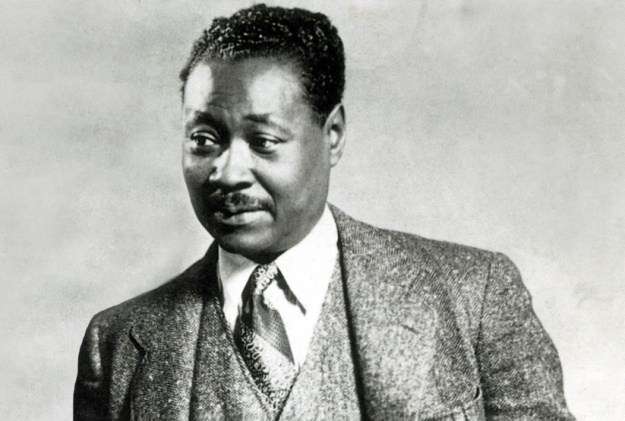
Claude McKay was one of the leading poets of the Harlem Renaissance. He was born in Jamaica to a family of black farmers and later moved to New York City, where he became involved in the socialist movement.
McKay’s poems often explored the experience of being black in America and the Caribbean. His work was hugely influential for other black poets and authors, who saw him as a key voice in their community. McKay’s heritage also played a significant role in his work; many of his poems reflect on the experience of being a black Caribbean man living in America.
Ultimately, Claude McKay was a vital figure in the Harlem Renaissance and helped to shape the course of black literature.
Poems by Claude McKay
I Shall Return
I shall return again; I shall return
To laugh and love and watch with wonder-eyes
At golden noon the forest fires burn,
Wafting their blue-black smoke to sapphire skies.
I shall return to loiter by the streams
That bathe the brown blades of the bending grasses,
And realize once more my thousand dreams
Of waters rushing down the mountain passes.
I shall return to hear the fiddle and fife
Of village dances, dear delicious tunes
That stir the hidden depths of native life,
Stray melodies of dim remembered runes.
I shall return, I shall return again,
To ease my mind of long, long years of pain.
Harlem Shadows
I hear the halting footsteps of a lass
In Negro Harlem when the night lets fall
Its veil. I see the shapes of girls who pass
To bend and barter at desire’s call.
Ah, little dark girls who in slippered feet
Go prowling through the night from street to street!
3 Outstanding Female Poets of The Harlem Renaissance
Poetry was an important part of the Harlem Renaissance, and many female poets emerged during this time. The Harlem Renaissance was a period of great creativity and increased political awareness for African Americans. Poets such as Langston Hughes and Claude McKay captured the spirit of the times with their powerful and expressive poems.
While Hughes is the most famous poet of the Harlem Renaissance, many women also made significant contributions to the literary movement. Amanda Smith wrote about the experience of being a black woman in America, while Gwendolyn Bennett explored issues of identity and race in her poetry. Jean Toomer was another popular poet of the time, known for his experimental style and use of literary devices. These and other female poets helped to shape the Harlem Renaissance and left a lasting legacy.
Anne Spencer
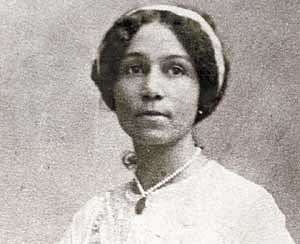
Anne Spencer was an American poet who was active during the Harlem Renaissance. Along with other female poets like Gwendolyn Brooks and Maya Angelou, she helped to showcase the talent and creativity of black women during this period.
Spencer’s poetry often explored themes of love, nature, and religion. One of her most famous poems, “Easter,” celebrates the hope and joy of springtime. Although she is not as well-known as some of her contemporaries, Anne Spencer remains an important figure in the history of American poetry.
Poems by Anne Spencer
Earth, I thank you
Earth, I thank you
for the pleasure of your language
You’ve had a hard time
bringing it to me
from the ground
to grunt thru the noun
To all the way
feeling seeing smelling touching
—awareness
I am here!
He Said
“Your garden at dusk
Is the soul of love
Blurred in its beauty
And softly caressing;
I, gently daring
This sweetest confessing,
Say your garden at dusk
Is your soul. My Love.”
Gwendolyn Brooks
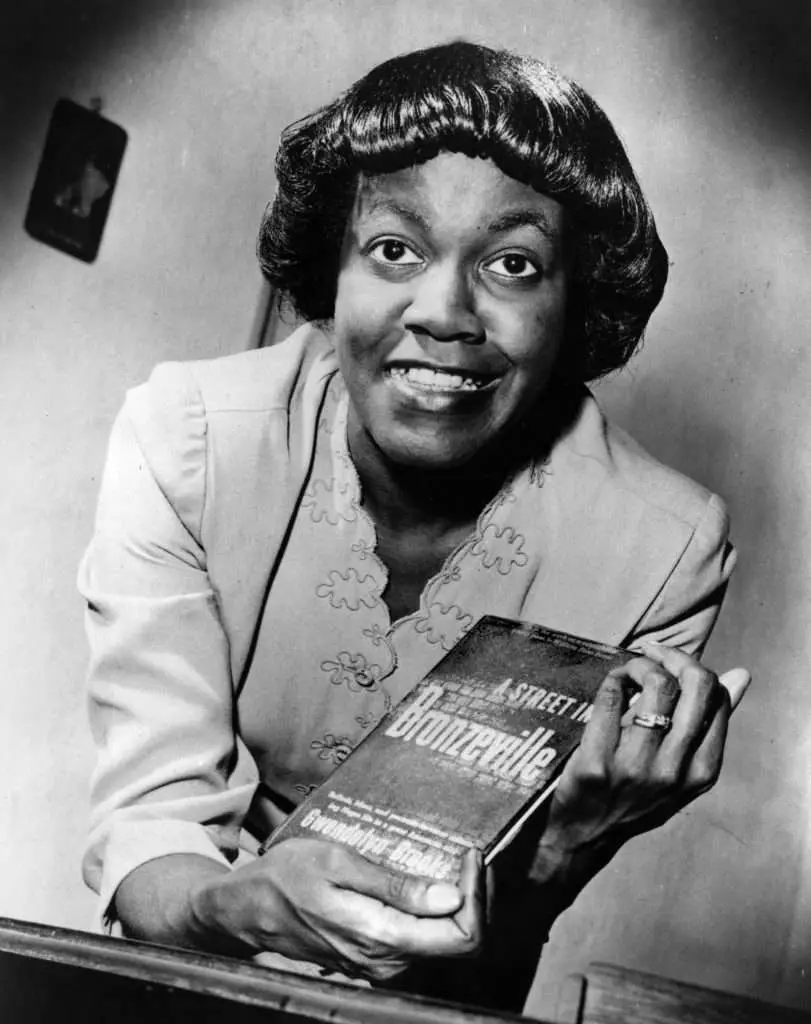
Gwendolyn Brooks was an African American poet who rose to prominence during the Harlem Renaissance. Along with other renowned poets such as Langston Hughes and Claude McKay,
Brooks helped to define a new literary movement that celebrated the unique experience of black Americans.
Brooks was also one of the first female poets to gain widespread recognition, and her work often addressed the challenges faced by women of color.
Throughout her career, Brooks sought to give voice to the voiceless, and her poems continue to resonate with readers today.
Poems by Gwendolyn Brooks
The Mother
Abortions will not let you forget.
You remember the children you got that you did not get,
The damp small pulps with a little or with no hair,
The singers and workers that never handled the air.
You will never neglect or beat
Them, or silence or buy with a sweet.
You will never wind up the sucking-thumb
Or scuttle off ghosts that come.
You will never leave them, controlling your luscious sigh,
Return for a snack of them, with gobbling mother-eye.
I have heard in the voices of the wind the voices of my dim killed
children.
I have contracted. I have eased
My dim dears at the breasts they could never suck.
I have said, Sweets, if I sinned, if I seized
Your luck
And your lives from your unfinished reach,
If I stole your births and your names,
Your straight baby tears and your games,
Your stilted or lovely loves, your tumults, your marriages, aches,
and your deaths,
If I poisoned the beginnings of your breaths,
Believe that even in my deliberateness I was not deliberate.
Though why should I whine,
Whine that the crime was other than mine?—
Since anyhow you are dead.
Or rather, or instead,
You were never made.
But that too, I am afraid,
Is faulty: oh, what shall I say, how is the truth to be said?
You were born, you had body, you died.
It is just that you never giggled or planned or cried.
Believe me, I loved you all.
Believe me, I knew you, though faintly, and I loved, I loved you
All.
We Real Cool
The Pool Players.
Seven at the Golden Shovel.
We real cool. We
Left school. We
Lurk late. We
Strike straight. We
Sing sin. We
Thin gin. We
Jazz June. We
Die soon.
Maya Angelou
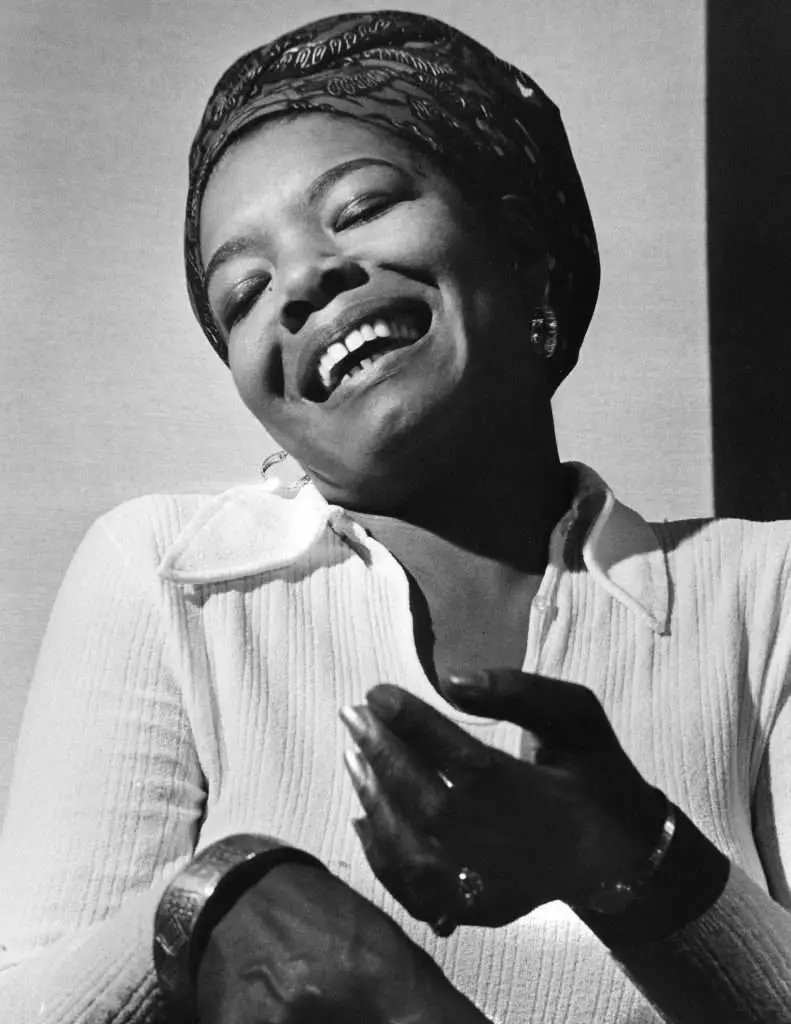
Maya Angelou was one of the most important poets of the Harlem Renaissance. A contemporary of Langston Hughes and Zora Neale Hurston, she was a leading voice in the African American literary community.
Her work often dealt with issues of race and gender, and she was a strong advocate for both black and female poets.
In addition to her poetry, Angelou also wrote several memoirs, including I Know Why the Caged Bird Sings, which recounted her experience growing up as a black girl in America.
She was a trailblazer in both her literary career and her personal life, and she remains an inspiration to writers of all backgrounds.
Poems by Maya Angelou
Still I Rise
You may write me down in history
With your bitter, twisted lies,
You may trod me in the very dirt
But still, like dust, I’ll rise.
Does my sassiness upset you?
Why are you beset with gloom?
’Cause I walk like I’ve got oil wells
Pumping in my living room.
Just like moons and like suns,
With the certainty of tides,
Just like hopes springing high,
Still I’ll rise.
Did you want to see me broken?
Bowed head and lowered eyes?
Shoulders falling down like teardrops,
Weakened by my soulful cries?
Does my haughtiness offend you?
Don’t you take it awful hard
’Cause I laugh like I’ve got gold mines
Diggin’ in my own backyard.
You may shoot me with your words,
You may cut me with your eyes,
You may kill me with your hatefulness,
But still, like air, I’ll rise.
Does my sexiness upset you?
Does it come as a surprise
That I dance like I’ve got diamonds
At the meeting of my thighs?
Out of the huts of history’s shame
I rise
Up from a past that’s rooted in pain
I rise
I’m a black ocean, leaping and wide,
Welling and swelling I bear in the tide.
Leaving behind nights of terror and fear
I rise
Into a daybreak that’s wondrously clear
I rise
Bringing the gifts that my ancestors gave,
I am the dream and the hope of the slave.
I rise
I rise
I rise.
Phenomenal Woman
Pretty women wonder where my secret lies.
I’m not cute or built to suit a fashion model’s size
But when I start to tell them,
They think I’m telling lies.
I say,
It’s in the reach of my arms
The span of my hips,
The stride of my step,
The curl of my lips.
I’m a woman
Phenomenally.
Phenomenal woman,
That’s me.
I walk into a room
Just as cool as you please,
And to a man,
The fellows stand or
Fall down on their knees.
Then they swarm around me,
A hive of honey bees.
I say,
It’s the fire in my eyes,
And the flash of my teeth,
The swing in my waist,
And the joy in my feet.
I’m a woman
Phenomenally.
Phenomenal woman,
That’s me.
Men themselves have wondered
What they see in me.
They try so much
But they can’t touch
My inner mystery.
When I try to show them
They say they still can’t see.
I say,
It’s in the arch of my back,
The sun of my smile,
The ride of my breasts,
The grace of my style.
I’m a woman
Phenomenally.
Phenomenal woman,
That’s me.
Now you understand
Just why my head’s not bowed.
I don’t shout or jump about
Or have to talk real loud.
When you see me passing
It ought to make you proud.
I say,
It’s in the click of my heels,
The bend of my hair,
the palm of my hand,
The need of my care,
‘Cause I’m a woman
Phenomenally.
Phenomenal woman,
That’s me.
The New Negro: How did the Harlem Renaissance redefine black identity?
The Harlem Renaissance was a literary and cultural movement that the poets of the Harlem Renaissance began in the 1920s. It is considered to be one of the most important periods in African American history. During the Harlem Renaissance, black poets redefined black identity.
They wrote about their experiences as African Americans living in a racist society. They also celebrated African American culture and heritage. The Poets of the Harlem Renaissance believed that black people should be proud of their skin color and culture. They celebrate black beauty in their poetry. The Poets of the Harlem Renaissance believed that black people deserved to be treated with respect.
They wanted to end racism and discrimination against black people. The Poets of the Harlem Renaissance were very successful in redefining black identity. Their poetry inspired other African Americans to be proud of their culture and skin color. The Poets of the Harlem Renaissance helped to end racism and discrimination against black people.
Expressions of Joy and Pain: What themes did the poets explore?
During the Harlem Renaissance, a group of African American poets came together to explore themes related to their experience as black Americans. They wrote about topics like race, identity, and discrimination, and their work helped to shape the way that future generations of black Americans would view themselves and their place in society.
The poets of the Harlem Renaissance were some of the first to give voice to the African American experience, and their work continues to inspire and challenge readers today.
A New Voice: How did the Harlem Renaissance change poetry?
The Harlem Renaissance was a major cultural movement that took place in the early 20th century. During this time, African American poetry began to gain wider recognition and acceptance.
Poets of the Harlem Renaissance such as Langston Hughes and Claude McKay challenged traditional poetic forms and explored new ways of expressing themselves. They used their poetry to celebrate African American culture and to protest against racism and social injustice.
The Harlem Renaissance had a profound impact on the development of American poetry, and its legacy can still be seen in the work of contemporary poets.
The Legacy of the Harlem Renaissance: What impact did it have?
The Poets of the Harlem Renaissance brought a new level of artistry and sophistication to American poetry. Their work was marked by an originality of vision and an intensity of feeling that was rare in American literature at the time.
The Poets of the Harlem Renaissance also had a profound impact on the social and political landscape of the United States. They were some of the first African American writers to gain a wide audience and to be taken seriously as artists.
Their work helped to break down racial barriers and to challenge prevailing notions about race and identity in America. The Poets of the Harlem Renaissance left a lasting legacy, not only in their poetry but in their example as well. They showed that African American writers could be among the best in the country, and they helped to pave the way for future generations of black writers.
The legacy of the Harlem Renaissance is still being felt today.
The Harlem Renaissance was a period of intense artistic and cultural activity. Poets like Langston Hughes and Claude McKay captured the experience of African Americans in powerful and evocative verse, while visual artists like Aaron Douglas and Lois Mailou Jones created arresting images that conveyed the strength and beauty of black people.
The Harlem Renaissance also gave birth to a new style of music, known as jazz. The influence of the Harlem Renaissance can still be seen today in the work of contemporary artists, who continue to be inspired by the power and passion of this incredible movement.
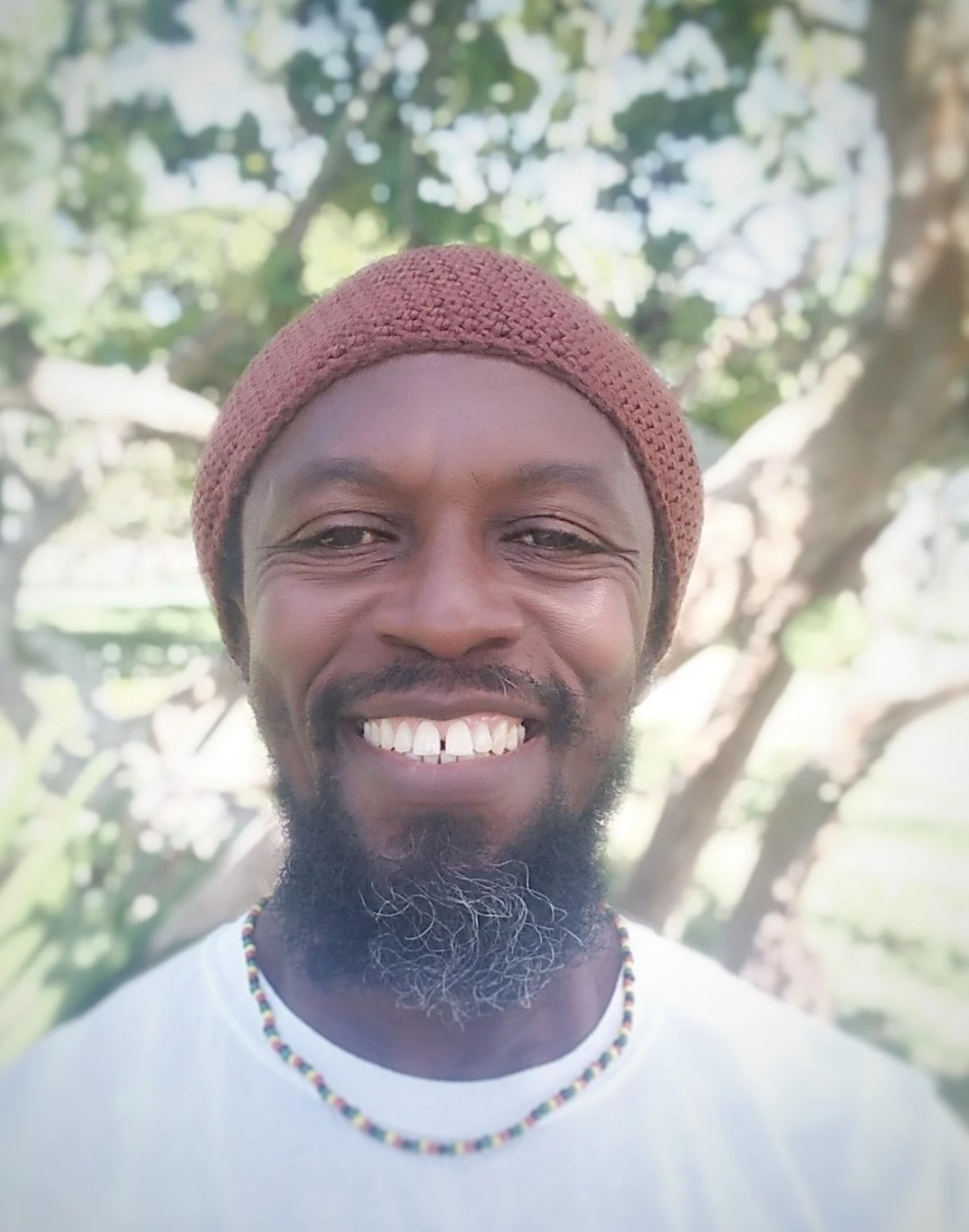
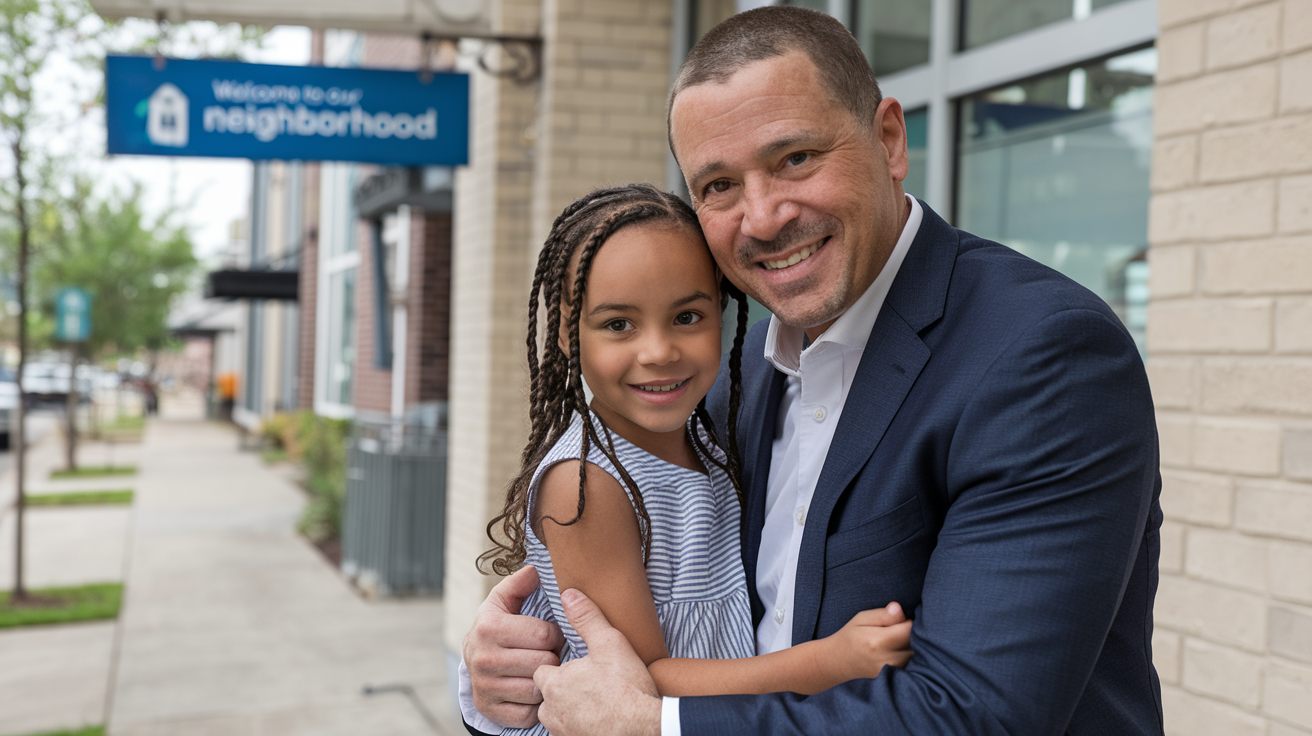


Leave a Reply